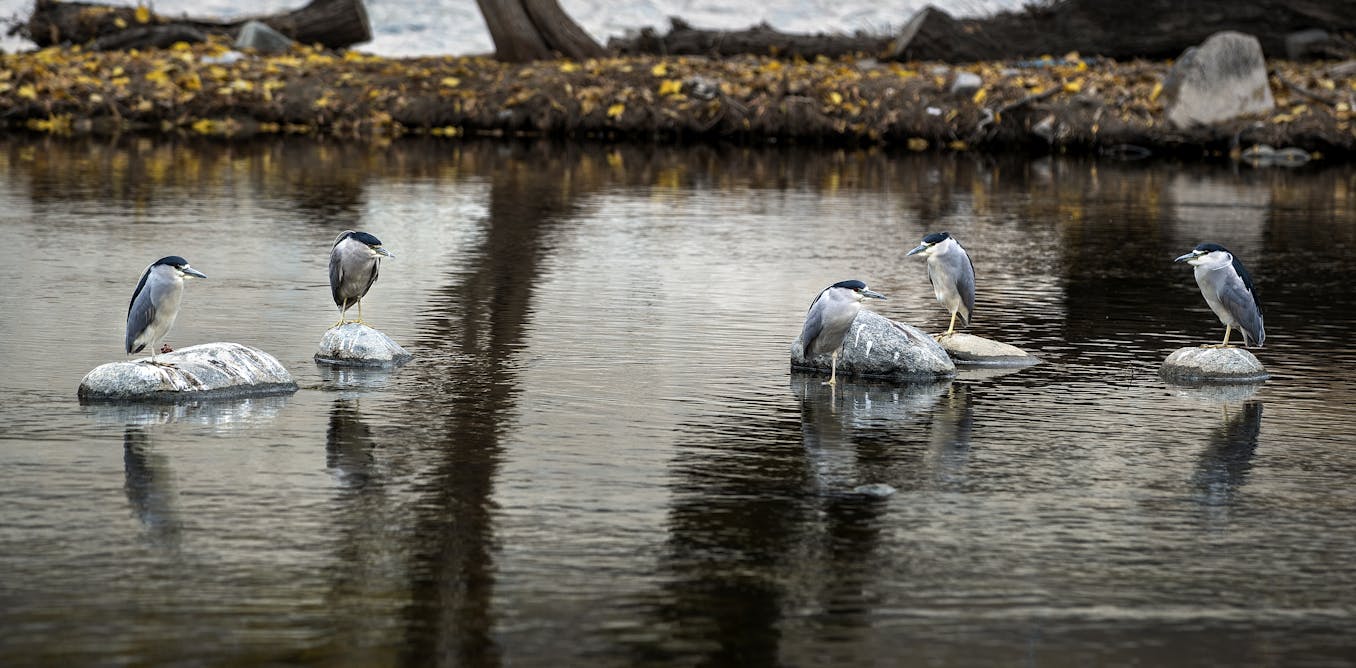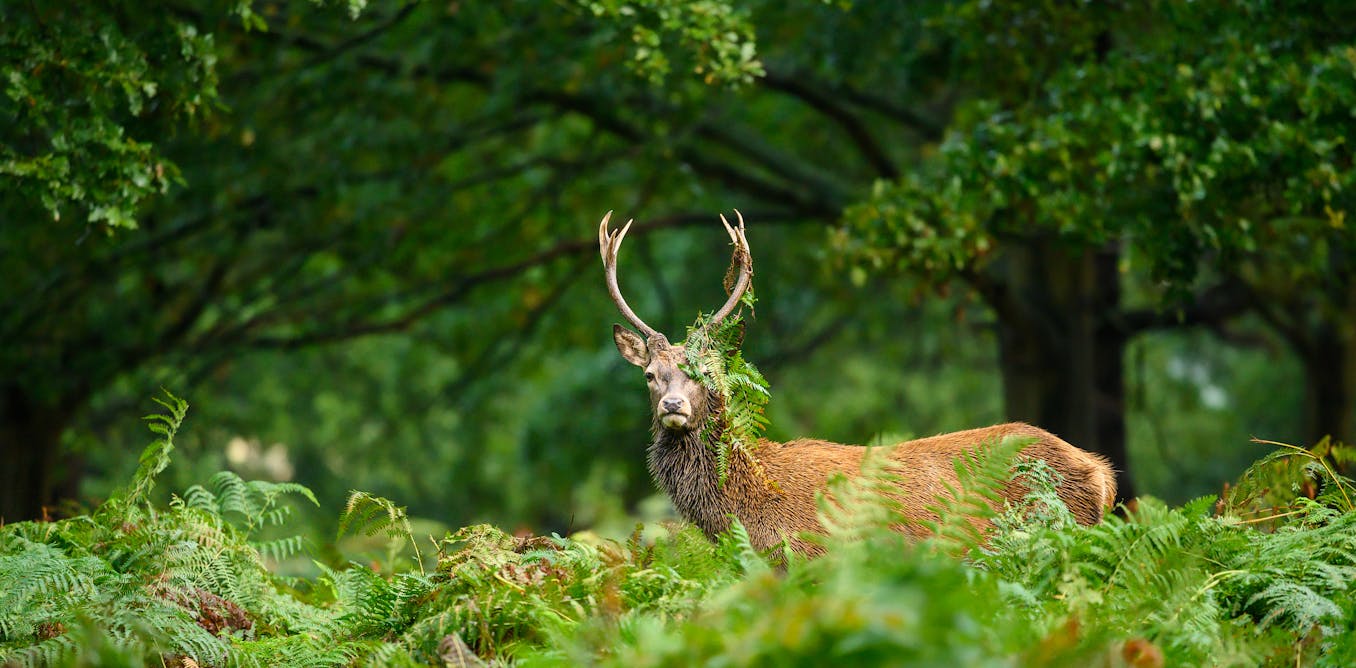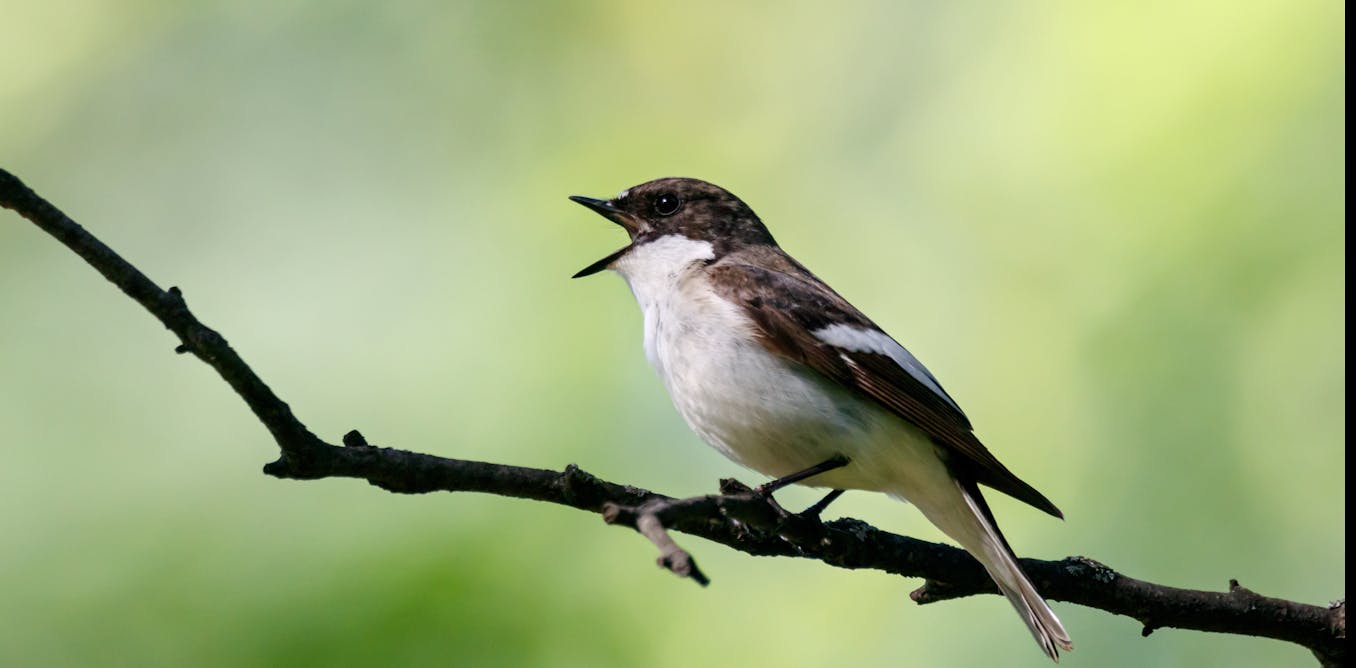Bugs thrive in urban Los Angeles – volunteers’ traps reveal biodiversity hot spots for city insects and spiders
City life can mean lots of pavement and habitat loss. But many bug species are hanging on, especially in neighborhoods with steady temperatures near the mountains.
July 22, 2024 • ~6 min









